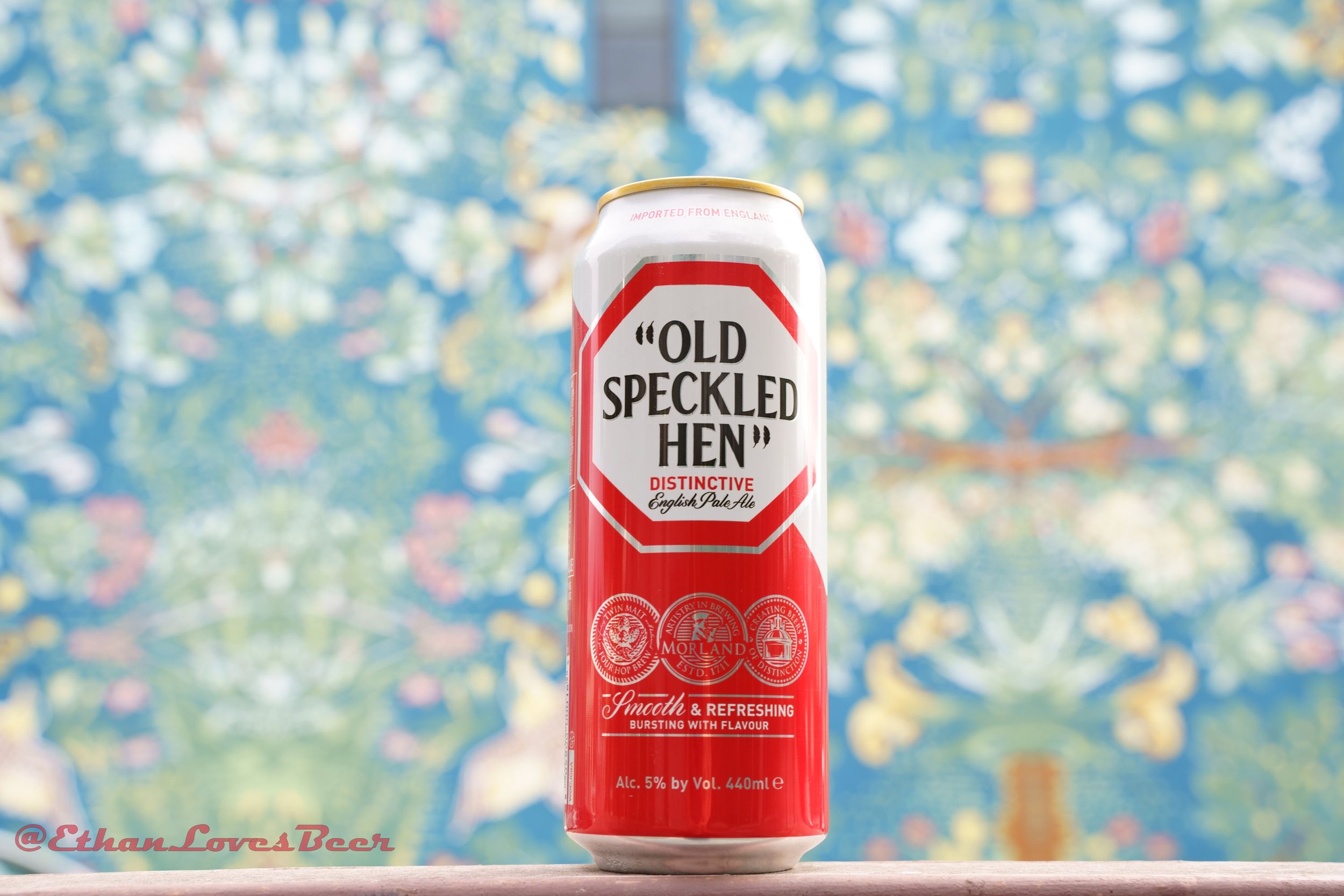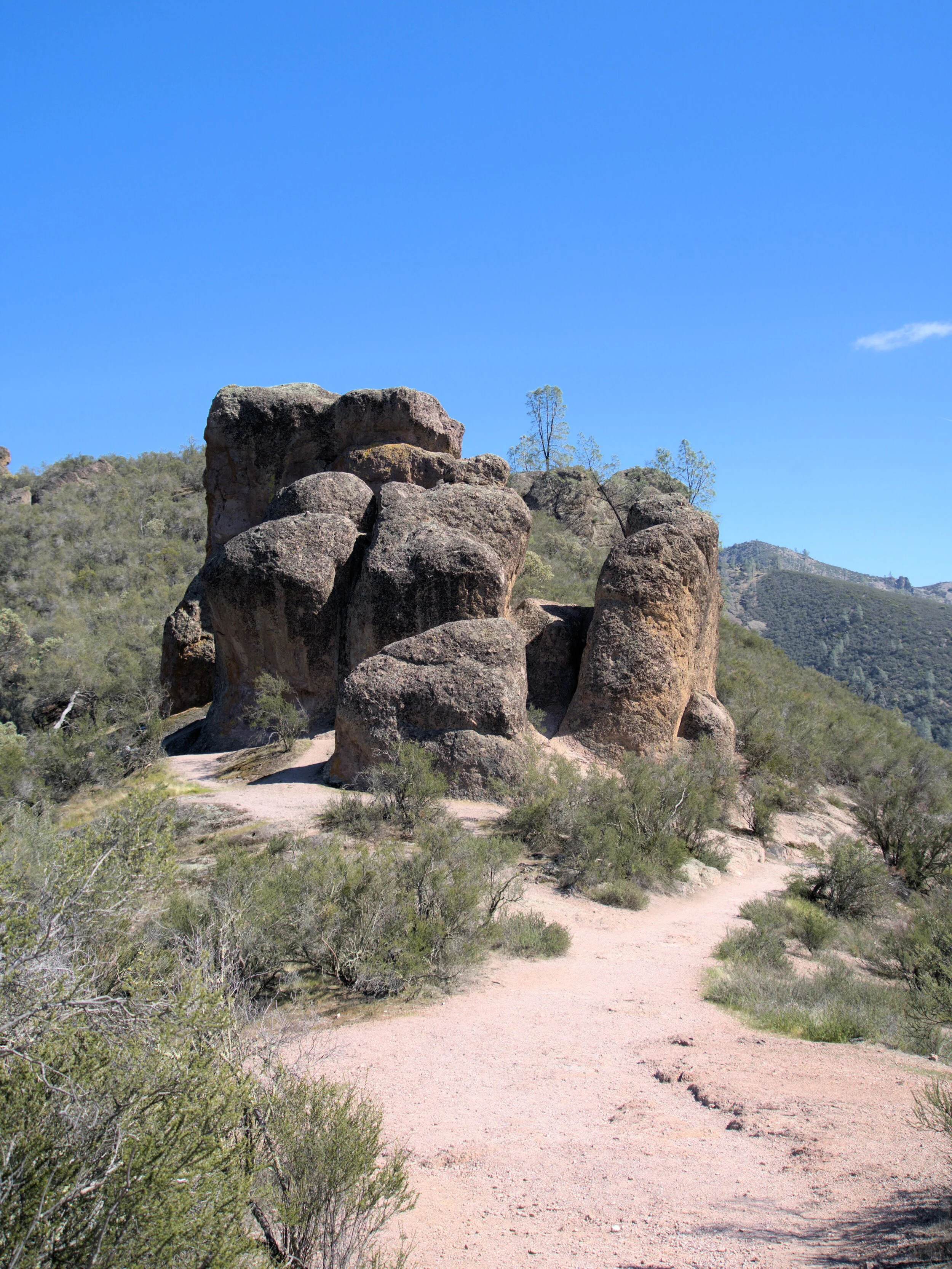After that first batch, the purpose shifted from make something different to create an activity that was enriching and enjoyable. About 4 years ago, I decided that “I want to do what I want to do.” On the face of it, this sounds circular and silly, but as a decision rubric, it’s a powerful thought. A similarly circular, but true statement is I do well in environments I enjoy and when I enjoy the environment I’ll do well. Where these two come together with Brewery 3 is I was in a position of power to make something happen, and Brewery 3 was something I wanted to make happen for myself and the others who had showed interest. I thought, “how cool is it to tell your friends that you make beer?” (Hint: very!) Well imagine if you can tell your friends that you make several lifetime’s worth of beer, and on top of that, you get to design some of it! You get to make something unique. You get to experience something unique. You get to share something unique. This is what I wanted to do, so this is what I worked towards. So the second, evolved purpose of Brewery 3 was to create this unique moment to experience at work. For me, personally, when I was spending hour 10, 11, or 14 at the brewery working my tail off, I could stop down and visit Brewery 3 and it’s happily bubbling fermentor of “English Cuppa.” When those who joined me think about what it’s like to work at the brewery, they think “we do cool things every day, and this one time, I got to do a really cool thing!” It was the first and second purpose for the brewery that I shared with my mentor; that was as far as I had gotten when we had chatted. He elevated my thinking to the third purpose, building an organization.
The moment Brewery 3 was an organization
When you work at a large company, your horizons are both very vast, and very narrow. On the one hand, you have massive resources at your disposal and you’re deciding how to deploy them. On the other hand, things are built; it’s a large company. There are SOPs (Standard Operating Procedures), there are best practices, there are other breweries that have done it before, or something similar. This doesn’t mean that you can’t come up with something better, but often the problem has already been solved, and the smart, efficient thing to do is to localize and adapt the solution. Budweiser is Budweiser whether you have it in St. Louis, St. Petersburg, or delivered via beer cannon to the top of Mt. St. Hellens (once you let the foam settle). That’s the whole point and what makes AB such an impressive enterprise. And while you must optimize for equipment, changes in ingredients, and even changes in tasters, you’re driving a bus. You don’t want to crash that bus. With Brewery 3, there isn’t an SOP on what it means at our brewery. I was (and still am) defining what everything will look like. Brewery 3 could be a mini-company, and I could be the founder of it. Mind. Blown. 🤯
Organization and beyond!
This mindset is a game changer. If Brewery 3 is a company, it needs products. It needs labor. It needs customers. It needs to be bigger than one person’s vision. It also changes the list of things the brewery does. It now develops talent. It recruits. It has marketing. It has a reputation that goes beyond the individual participants. No longer are the beers we make “Ethan’s home brew,” they’re “Brewery 3’s latest offering!” so with this in mind, my activities took on a different focus. Since this is a fun ‘side project,’ we have to justify our costs with our tangible and intangible benefits. Our ‘products’ were home brew (tasty, for sure!), but it was also engagement (aka, making the brewery a kickass place to live). Since we were making beer on a small, hands-on scale, we were offering ‘upskilling.’ To maximize our ‘profit,’ we had to offer enough engagement, knowledge, and good will to offset the expenses for ingredients, new equipment, and people’s time. Draping our activities in our company’s jargon became marketing to participants and gatekeepers alike.
Since Brewery 3 was now an organization, as its leader, I had to change my activities and mindset too. Instead of just making sure I had enough participants for a brew day, I was attracting and retaining talent. For example, the folks who wanted to dive head first into a brew day, these will be brew day leaders and nascent Brewery 3 ‘Brewmasters’ (recruiting/developing talent). That brewer who said “maybe the next brew day you have, I’ll watch,” is someone who will remember that day fondly and share with others (engagement is our ‘product,’ this is also building the brand). I identified the lack of a unifying identity, and found someone with artistic talent, and enlisted their help to create a brand for our little organization. Offering for other managers to join or send their employees to our brew days is building good will (increases our ‘profit’). Even the challenge that our system isn’t well documented and all knowledge is learned ‘on the job’ or passed from person to person is a ‘profit’ opportunity. The documentation process is an opportunity for brewers and managers to use the company’s organizational tools to create SOPs. What about our potential achilles heel, the fact that we a cost center? This was also an opportunity! We can work with maintenance (the folks who’s budget was funding us) to create a Brewery 3 budget and we can work on ‘cost/benefit’ analysis on upgrading the brewery (a chance to practice). All of this from the mindset that Brewery 3 is a mini-company.









































































































































































































































